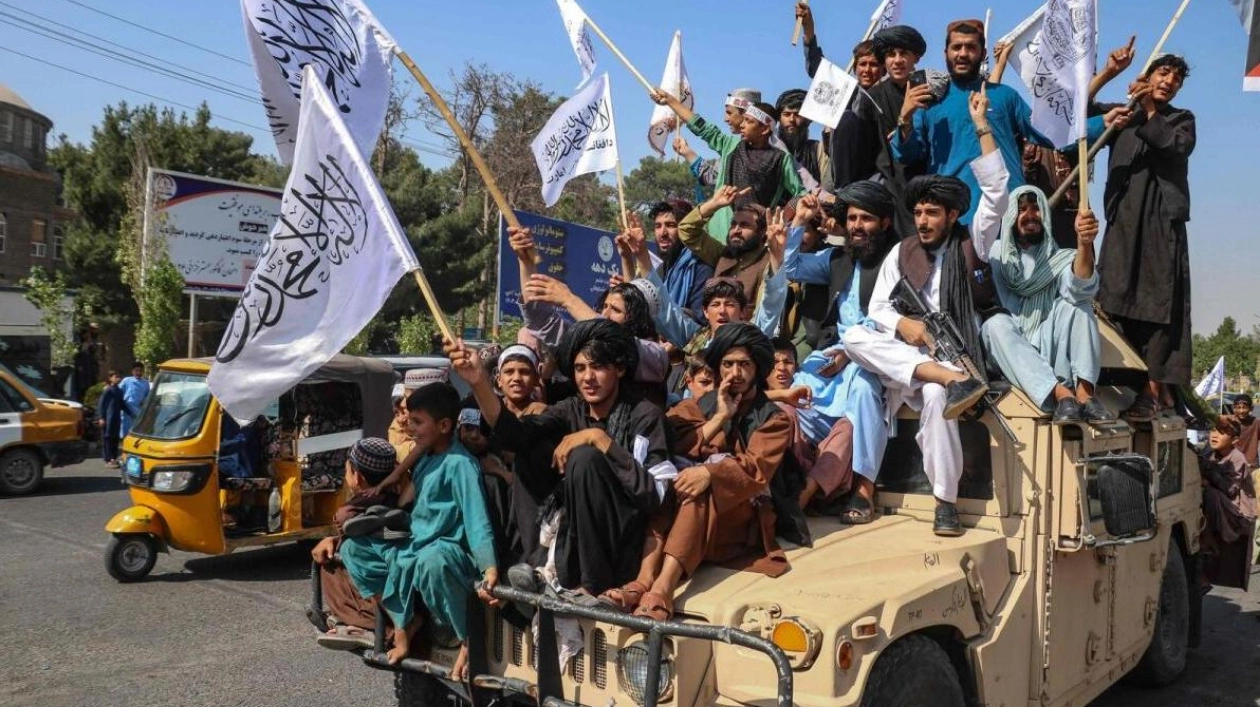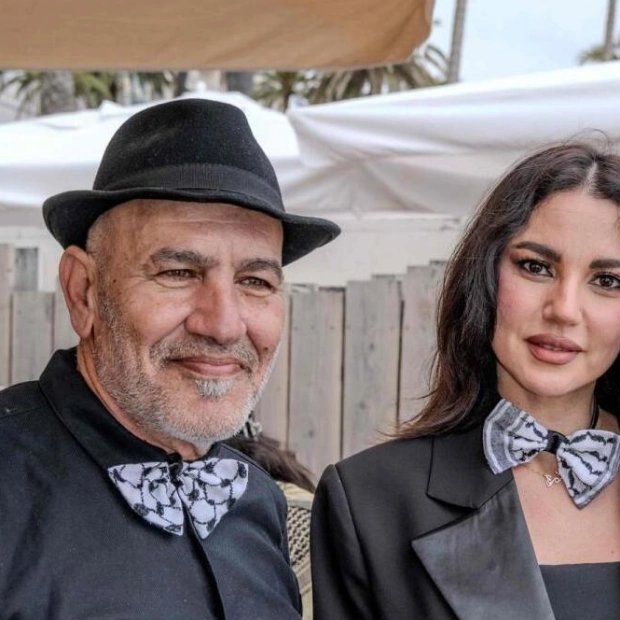Taliban supreme leader Hibatullah Akhundzada has mandated Afghan officials to enforce a comprehensive new morality law that significantly restricts women's rights and promotes a strict interpretation of Islamic society. The Taliban authorities announced this law last month, which includes provisions that require women to conceal their faces, bodies, and voices when outside their homes, as part of 35 articles governing behavior and lifestyle.
Although many of these restrictions have been informally applied since the Taliban's takeover in 2021, their formalization has elicited strong reactions from the international community and human rights organizations. Akhundzada instructed both civilian and military officials to implement this law, according to a statement from the Information and Culture Department of Faryab province.
Akhundzada, who governs through decrees from a secret location in southern Kandahar province, issued this directive during a rare visit to northern Faryab last week. The new law forbids women from speaking in public and mandates that they fully cover themselves if they must leave their homes, which should only be for essential reasons. The edict also regulates men's attire and behavior, prohibiting them from wearing shorts above the knee or trimming their beards closely.
Other aspects of the law include requirements for prayer attendance and bans on possessing photographs of living beings, engaging in homosexuality, animal fighting, playing music in public, and observing non-Muslim holidays. The law outlines escalating punishments that morality police can administer, ranging from verbal warnings to threats, fines, and various lengths of detention.
Roza Otunbayeva, the head of the UN Assistance Mission in Afghanistan, expressed deep concern about the implications of this law for Afghanistan's future. Akhundzada visited Faryab on Friday following a trip to Badghis province, marking his first official visit to northern Afghanistan since the Taliban's takeover, according to Shamsullah Mohammadi, the head of Faryab's Department of Information and Culture.






